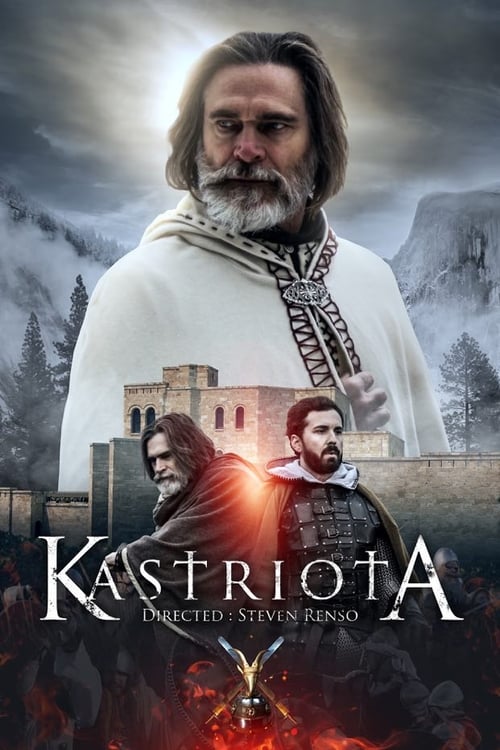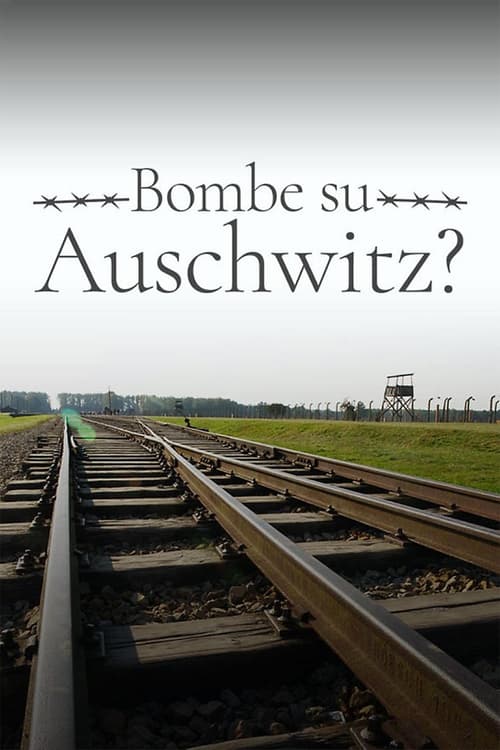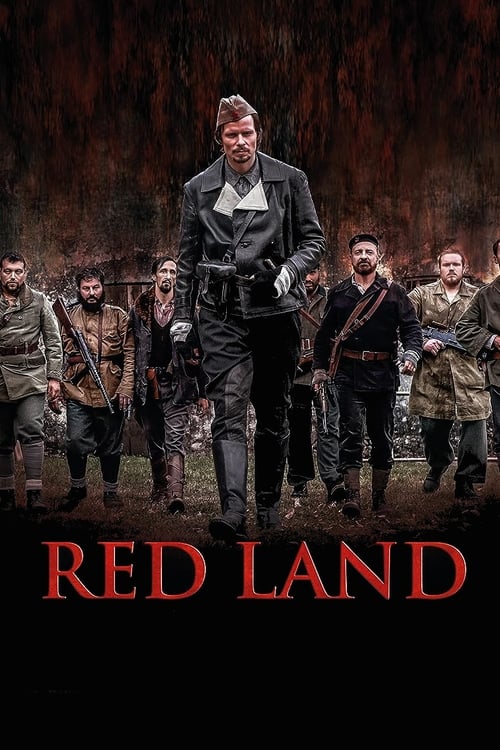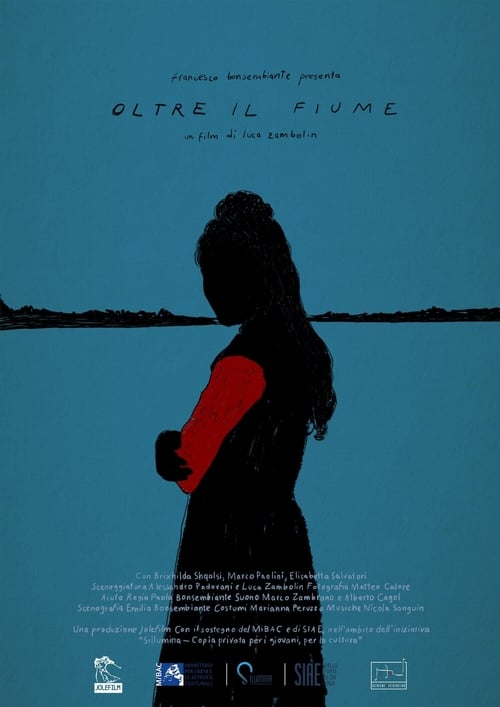
Ask Your Own Question
What is the plot?
What is the ending?
In the ending of "1944: Should We Bomb Auschwitz?", the film culminates in a tense debate among military leaders about whether to bomb the Auschwitz concentration camp. The decision ultimately leans towards inaction, reflecting the moral complexities and the weight of responsibility on the characters involved. The film closes with a somber acknowledgment of the Holocaust's horrors and the missed opportunities to intervene.
As the final scenes unfold, the camera captures a dimly lit war room filled with high-ranking military officials. The atmosphere is thick with tension as they gather around a large table, maps and reports strewn about. The air is heavy with the gravity of their discussions, each man grappling with the implications of their choices.
The lead character, a military strategist, stands at the forefront, his brow furrowed in deep contemplation. He is torn between his duty to follow orders and his moral compass, which urges him to consider the lives being lost in Auschwitz. His internal conflict is palpable; he feels the weight of history pressing down on him, knowing that every decision could lead to either salvation or further suffering.
As the debate intensifies, voices rise, and the camera shifts to capture the faces of the other officials. Some argue passionately for the bombing, citing the potential to save countless lives. Others counter with logistical concerns and the fear of collateral damage. The tension escalates, and the viewer can sense the desperation in their voices, each man wrestling with the enormity of the Holocaust unfolding in real-time.
In a pivotal moment, the strategist makes a heartfelt plea, urging his colleagues to consider the moral implications of their inaction. He recounts the stories of those suffering in the camps, his voice trembling with emotion. The room falls silent, and for a brief moment, the men are united in their shared horror at the atrocities being committed.
However, as the meeting draws to a close, the decision is made not to proceed with the bombing. The camera lingers on the strategist's face, a mixture of disappointment and resignation washing over him. He realizes that despite his efforts, the bureaucratic machinery of war has triumphed over compassion.
The film concludes with a haunting montage of the Auschwitz camp, juxtaposed with the faces of the military leaders, now burdened with the knowledge of their choice. The final shot lingers on the strategist, his expression a blend of sorrow and regret, as he walks away from the war room, the weight of history heavy on his shoulders.
In the aftermath, the audience is left to ponder the fate of the characters. The strategist, though still alive, is haunted by the decision he could not change. The other officials return to their duties, but the moral implications of their choice linger in the air, a reminder of the lives lost and the opportunities missed. The film closes on a somber note, emphasizing the complexities of war, morality, and the human capacity for both action and inaction in the face of unimaginable suffering.
Is there a post-credit scene?
The movie "1944: Should We Bomb Auschwitz?" does not feature a post-credit scene. The film concludes its narrative without any additional scenes or content after the credits roll. The focus remains on the historical context and the moral dilemmas faced during World War II regarding the bombing of the Auschwitz concentration camp. The ending emphasizes the weight of the decisions made during that time and leaves the audience reflecting on the implications of those choices.
What were the main arguments for and against bombing Auschwitz presented in the film?
The film presents a detailed debate among military and political leaders regarding the potential bombing of Auschwitz. Proponents argue that bombing the camp could disrupt the extermination process and save lives, while opponents express concerns about the feasibility of such a mission, the risk of civilian casualties, and the potential diversion of resources from other military objectives.
How does the film portray the emotional impact of the Holocaust on the characters involved in the decision-making process?
The film delves into the emotional turmoil faced by characters, particularly military leaders and Jewish activists. Their internal struggles are depicted through intense dialogues and flashbacks, showcasing their guilt, anger, and desperation as they grapple with the moral implications of their decisions amidst the horrors of the Holocaust.
What role do historical figures play in the narrative of the film?
Historical figures such as military leaders and government officials are portrayed in the film, each representing different perspectives on the bombing debate. Their interactions are dramatized to highlight the complexities of wartime decision-making, with characters like General Eisenhower and others providing insight into the political and military climate of the time.
How does the film depict the conditions inside Auschwitz during the time of the discussions about bombing?
The film includes harrowing depictions of life inside Auschwitz, showcasing the brutal conditions faced by the prisoners. Through poignant imagery and survivor testimonies, it illustrates the daily horrors, including forced labor, starvation, and the constant threat of extermination, which serve as a backdrop to the discussions about bombing.
What specific events lead to the climax of the decision-making process regarding the bombing?
The climax is built through a series of escalating events, including intelligence reports about the ongoing atrocities at Auschwitz, pressure from Jewish organizations advocating for action, and the mounting moral dilemmas faced by military leaders. Tensions rise as the deadline for a decision approaches, culminating in a pivotal meeting where the fate of the bombing mission is debated.
Is this family friendly?
The movie "1944: Should We Bomb Auschwitz?" delves into the harrowing subject of the Holocaust and the moral dilemmas faced during World War II. Given its serious themes, it may not be considered family-friendly, especially for younger audiences.
Potentially objectionable or upsetting aspects include:
-
Graphic Historical Context: The film addresses the atrocities of the Holocaust, which may include discussions of violence, suffering, and the inhumane treatment of individuals in concentration camps.
-
Emotional Weight: The film explores deep moral questions and the emotional turmoil of characters grappling with the decision to bomb Auschwitz, which can be distressing for sensitive viewers.
-
Imagery of War: There may be depictions or discussions of war-related violence, loss, and the impact of decisions made during wartime.
-
Themes of Guilt and Regret: Characters may experience intense feelings of guilt and regret, which could be heavy for younger viewers to process.
Overall, the film's serious themes and emotional depth may not be suitable for children or those who are sensitive to such topics.





























